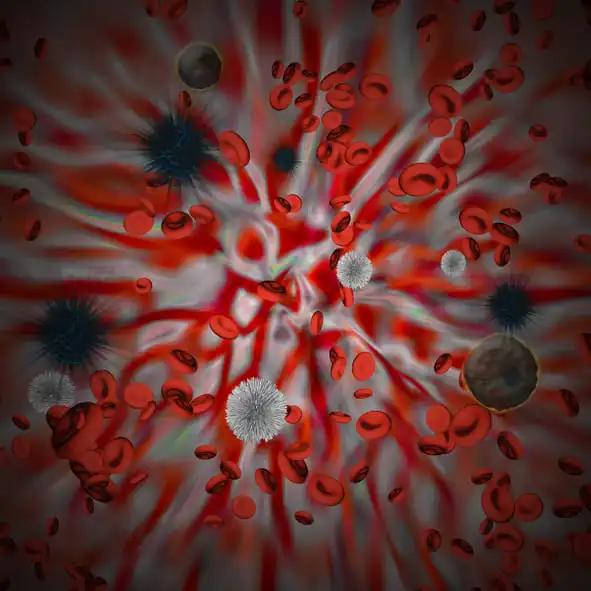KEY TAKEAWAYS
- The phase II ETOP-BOOSTER study assessed the feasibility of combining bevacizumab and osimertinib in second-line therapy for NSCLC patients with specific mutations.
- The study utilized Guardant360® to analyze plasma circulating tumor DNA (ctDNA) collected at various time points.
- Smoking history emerged as a predictive factor for PFS, demonstrating its influence on treatment outcomes.
The ETOP-BOOSTER study has examined the feasibility of incorporating bevacizumab into osimertinib for the second-line therapy of advanced non-small cell lung cancer (NSCLC) patients (pts) with common sensitizing EGFR mutations and acquired EGFR T790M mutations. No difference in progression-free survival (PFS) was reported. The study outlined the pre-defined exploratory examination of serial plasma samples using next-generation sequencing (NGS).
The randomized phase II trial examined plasma circulating tumor DNA (ctDNA) using Guardant360®. Samples were collected at baseline (BL), week 9 (w9), and disease progression (PD) and subjected to thorough analysis through multivariable Cox models. This involved considering the interaction of treatment with smoking history, plasma EGFR, and TP53 mt at BL and longitudinally. The study also critically assessed the tumor EGFRmt status to determine its impact on the outcome.
Of the 155 pts randomly selected, 136 (87%) had available blood samples at BL (68 in each arm), 110 (71%) at w9, and 65 (42%) at PD for plasma NGS analysis.BL samples showed 71% EGFR mt presence but no notable correlation with PFS. At PD, EGFR mt was present in 34% of the 47 cases available, while it was undetected in 91%(n=80) of the initial cases. Smoking status was predictive for PFS (interaction p = 0.046) but not associated with TP53 mt, which was detected in 63% of BL samples. TP53 mt and tissue EGFR Exon 21 L858R at BL were poor prognostic factors for PFS and overall survival, regardless of treatment.
As per the study, smoking impacts the treatment’s effect on PFS, regardless of the presence of TP53 or EGFR T790M mt, and confirms that BL TP53 mt and EGFR Exon 21 L858R are linked to unfavorable results.
Clinical Trial: https://classic.clinicaltrials.gov/ct2/show/NCT03133546
Soo, R.A., Dafni, U., Han, J., Cho, B.C., Nadal, E., Yeo, C.M., Carcereny, E., De Castro, J., Sala Gonzalez, M.A., Coate, L., Pulla, M.P., Britschgi, C., Vagenknecht, P., Dimopoulou, G., Kammler, R., Finn, S.P., Peters, S., Stahel, R., Etop, F. 10-16 Booster Collaborators Journal of Thoracic Oncology (2023).



